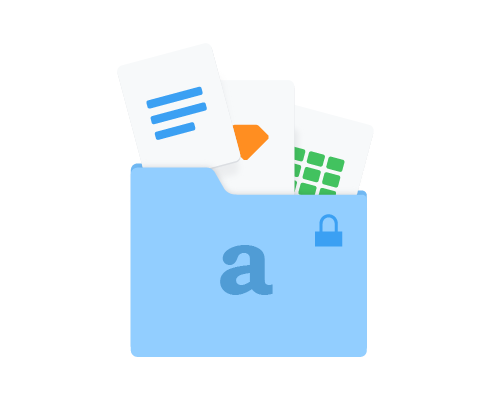Direct-To-Consumer (DTC) Beverage Alcohol Compliance
Interstate DtC shipping compliance for beverage alcohol, including products such as wine, spirits, and beer, involves adherence to specific regulations governing the shipment of alcoholic beverages directly from producers or retailers to individual consumers.
Software for Direct-To-Consumer (DTC) beverage alcohol compliance provides key benefits such as automating compliance tracking, ensuring up-to-date regulatory changes, and streamlining tax management to navigate complex state laws. It simplifies processes for managing licenses, tax filing, and reporting, reducing manual work and the risk of costly mistakes. Features like age verification, integrated order processing, and detailed audit trails improve efficiency and data security. This allows businesses to expand across multiple states with ease, avoid penalties, safeguard sensitive information, and optimize operational costs.
Overview
AlcTax Direct beverage alcohol software system is a specialized platform designed to help alcohol producers, retailers, and distributors manage the unique complexities of selling alcohol directly to consumers. Due to the highly regulated nature of the alcohol industry, such systems are equipped with features that ensure legal compliance, efficient operations, and enhanced customer experiences. Here's an overview of the key components and functionalities of a DTC beverage alcohol software system:
Key Features
- Compliance Management - Ensures the business adheres to legal requirements, especially important for industries with strict regulations like alcohol, pharmaceuticals, and tobacco. It automates compliance tasks, such as monitoring changing laws, managing state-specific regulations, and ensuring proper age verification.
- Tax Calculation and Filing - Automates tax calculations based on customer location and product types, ensuring accurate sales and excise tax collection. It may also integrate tax filing features to handle submissions to state or federal authorities.
- Sales and Shipment Reporting - Automatically generates reports required by regulatory agencies, particularly for businesses selling products like alcohol. It helps track sales, shipment volumes, and compliance metrics and can submit reports to the appropriate authorities.
- Order Management Integration - Integrates with various eCommerce platforms to streamline the process of managing shipping restrictions, automating shipping label generation, and tracking deliveries to customers.
Benefits
Using AlcTax for Direct-To-Consumer (DTC) beverage alcohol compliance offers several key benefits, especially given the complex regulatory environment in the alcohol industry. Here's how specialized compliance software can help:- Streamlined Regulatory Management: DTC alcohol sales are regulated differently in each state, making it complex to manage. Software automates the tracking of compliance regulations, reducing the risk of fines, penalties, or license revocations.
- Real-time Updates: Compliance software often provides real-time updates on changing regulations, ensuring businesses are always aligned with local and state laws.
- Automated Tax Calculations: Properly calculating sales and excise taxes across multiple states can be time-consuming and error-prone. Software solutions automate tax calculations based on destination rules, reducing errors.
- Integrated Tax Filing: Offers features for filing excise taxes directly with authorities, streamlining what would otherwise be a manual, labor-intensive process.
- Permit Management: Maintaining the necessary DTC permits for various states can be a logistical challenge. Compliance software helps track renewals and expiration dates to ensure businesses maintain the proper licenses.
- Multi-State Licensing: These tools also provide a way to manage multi-state licenses in a central hub, which is especially useful for expanding businesses.
- Audit Trails: DTC compliance software provides complete audit trails, enabling businesses to trace their compliance efforts and respond quickly during state audits.
- Data Security: Centralized data management also ensures that sensitive customer data and tax information is stored securely, minimizing the risk of compliance breaches or data loss.
- Reduced Manual Effort: By automating compliance tasks, the need for manual data entry and checking is minimized, saving businesses time and reducing administrative costs.

